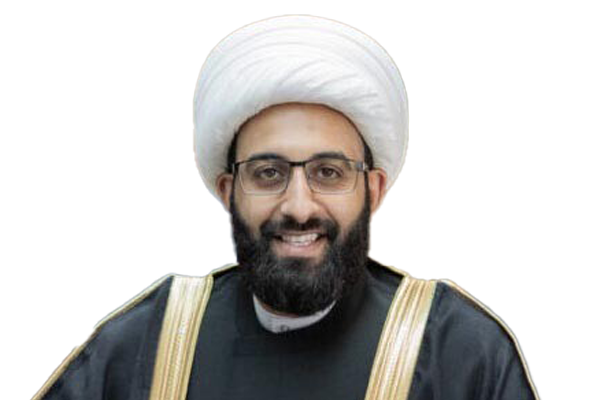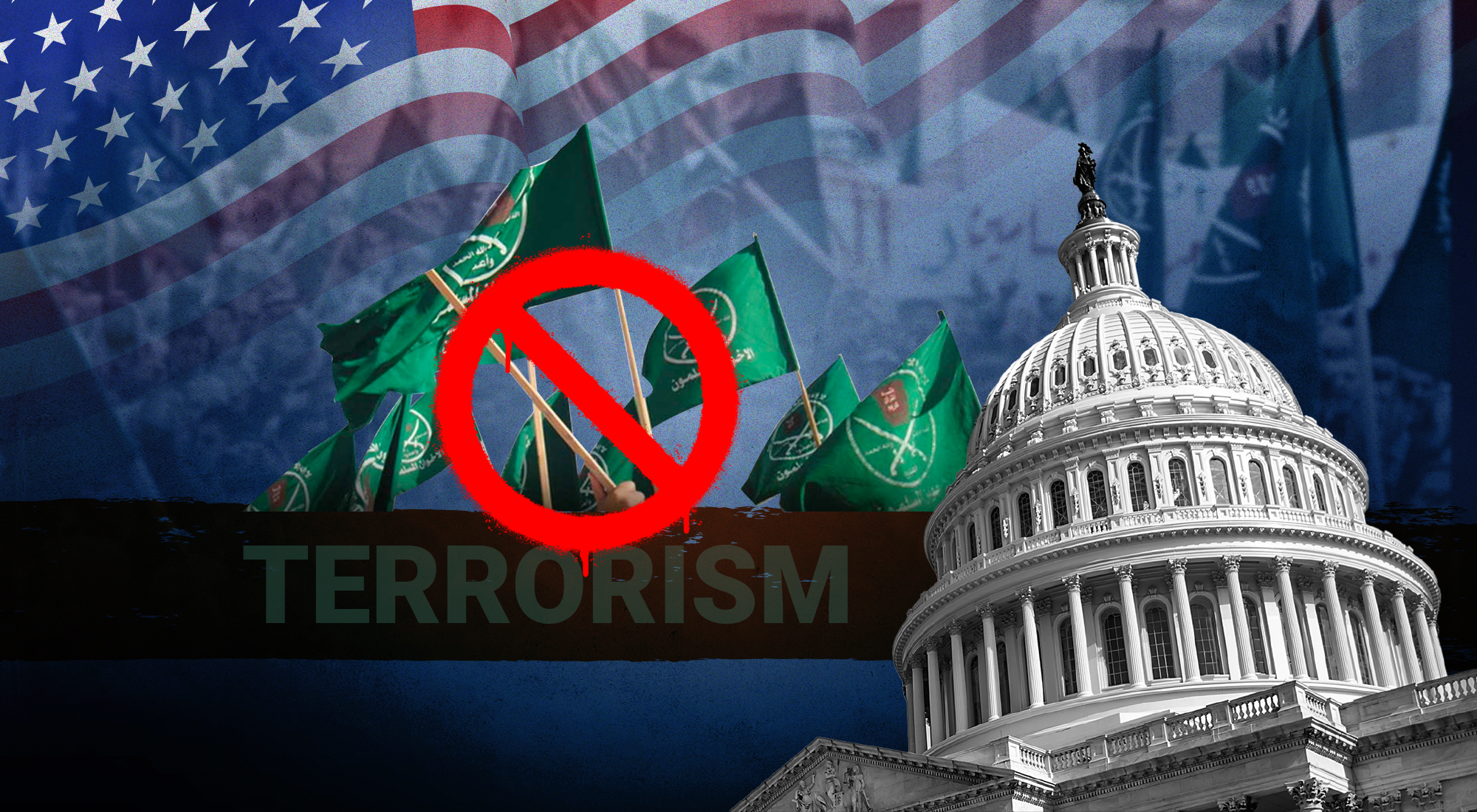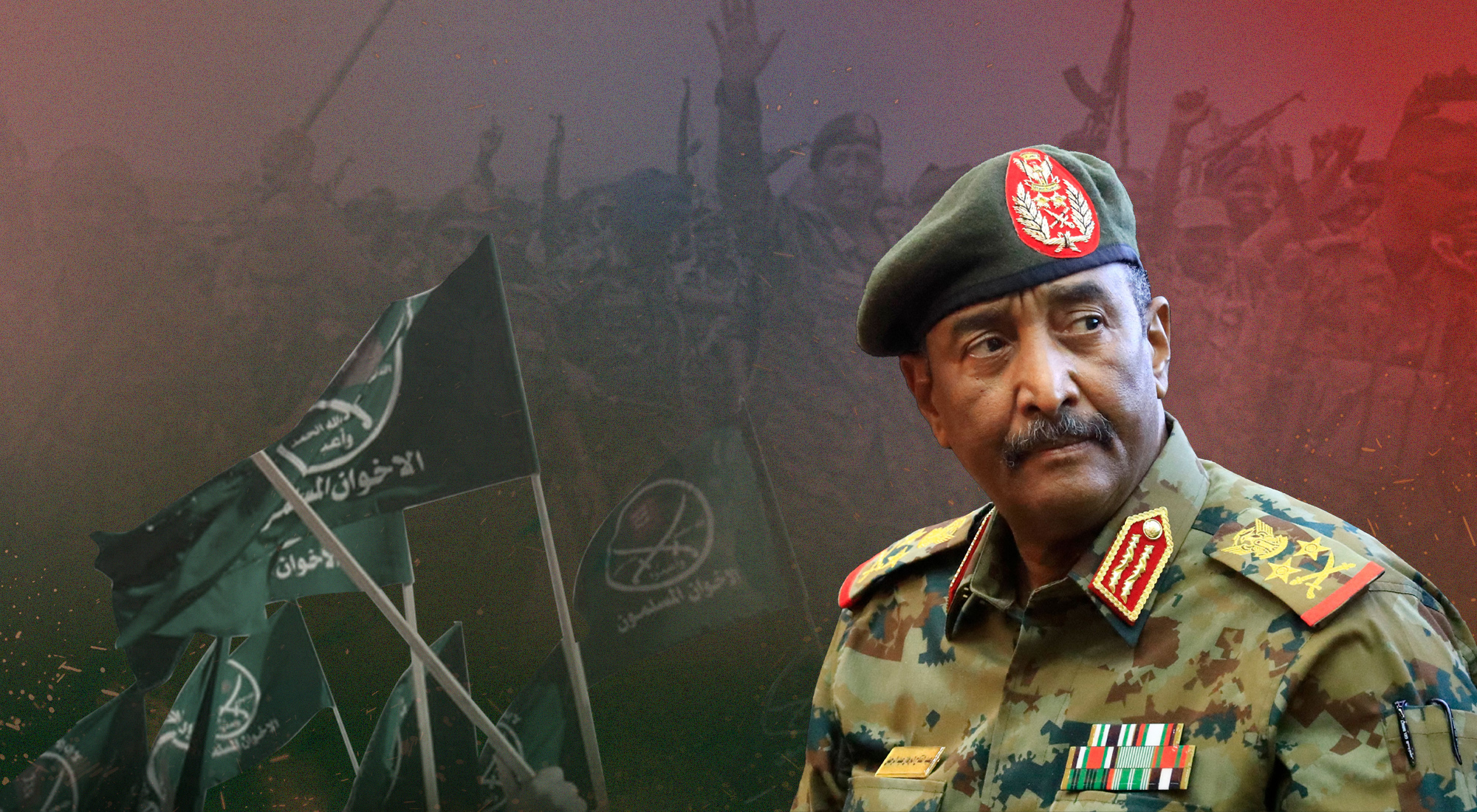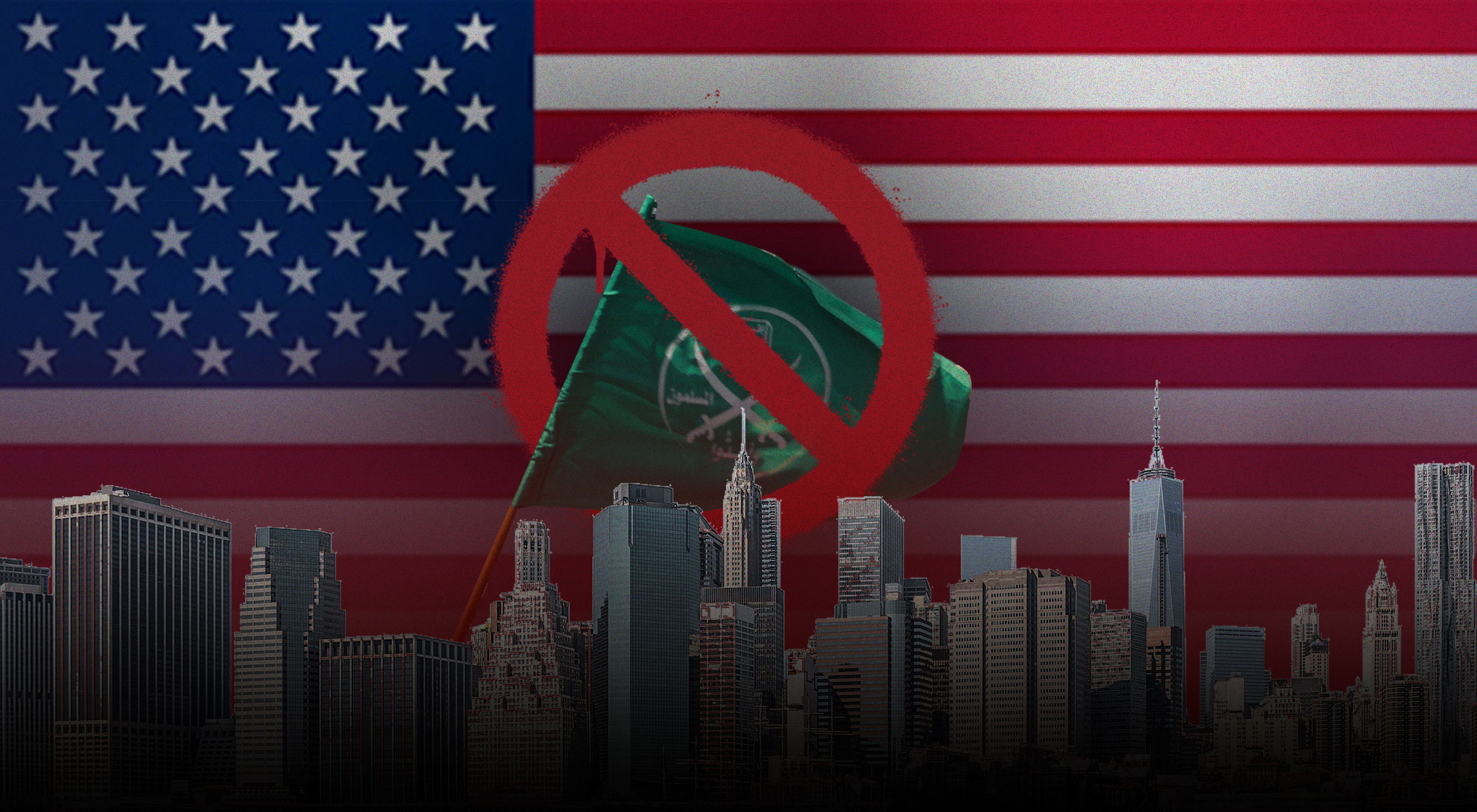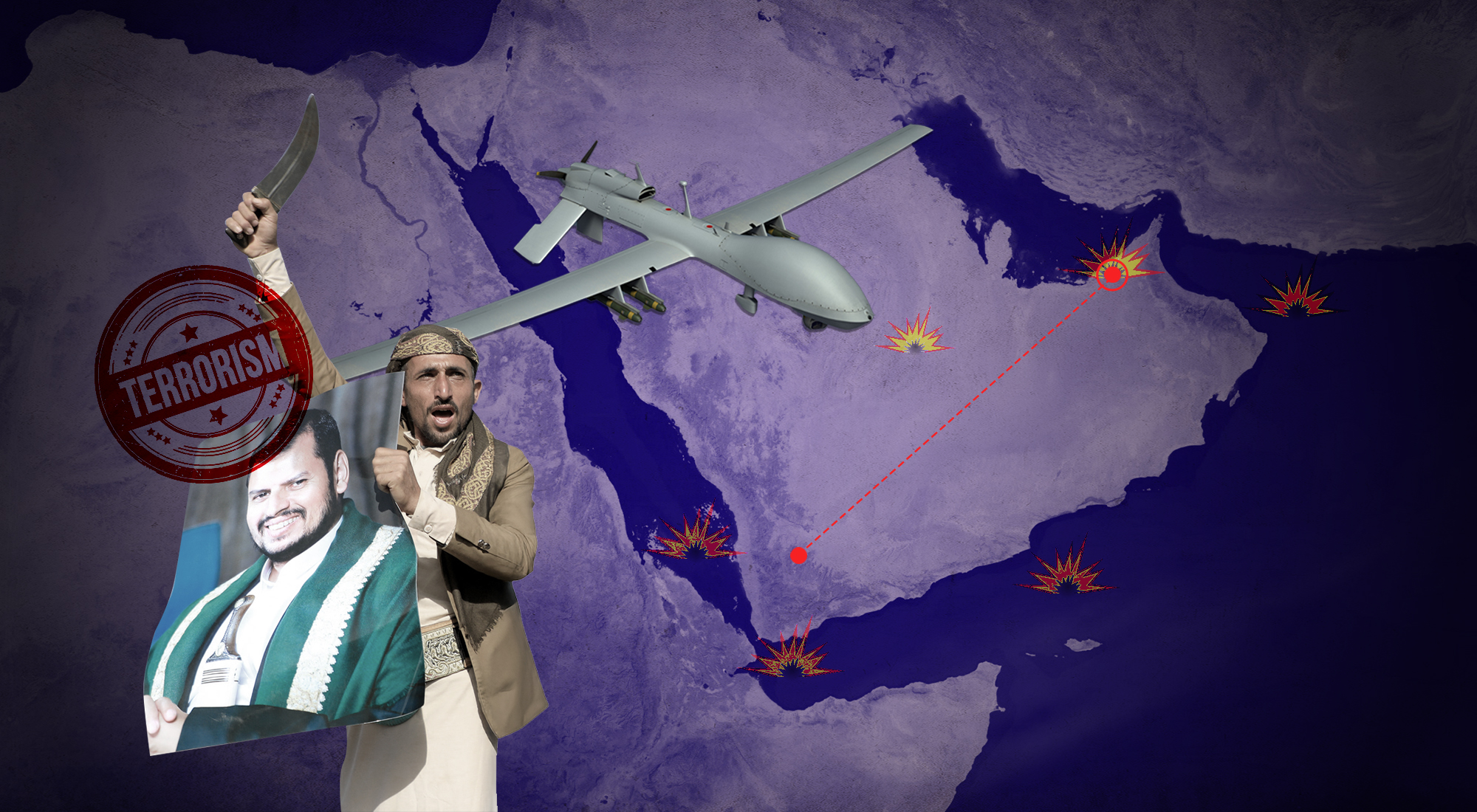There have been significant developments in the Middle East and broader Islamic world in the last fortnight. Highlights include the passing of Saudi Arabia’s Grand Mufti, an emergency Arab-Islamic summit in Doha addressing Israeli actions, the UN’s progress on Palestinian statehood, and escalating tensions involving Islamist groups. Kenya’s designation of the Muslim Brotherhood as a terrorist entity on 19 September 2025 marks the latest in a series of global crackdowns, reflecting Political Islam’s contentious role in security and governance. Sunni Islamist movements like the MB continue to gain influence amid power shifts, while Iran-backed Shi’a factions have weakened, highlighting the shifting sectarian dynamics within Political Islam.
Saudi Arabia: Passing of the Grand Mufti
On 23 September 2025, Saudi Arabia’s Grand Mufti, Sheikh Abdulaziz bin Abdullah Al-Sheikh, passed away in Riyadh at the age of 82. As Grand Mufti since 1999, Sheikh Abdulaziz was the Kingdom’s highest religious authority, heading the Council of Senior Scholars and the General Presidency of Scholarly Research and Ifta.
The appointment of a successor to the Grand Mufti will be crucial, as it is expected to signal Saudi Arabia’s continued commitment to balancing religious authority with modernization and global engagement. This decision will likely reinforce the progress already underway rather than a return to more restrictive interpretations.
The Grand Mufti’s death may not significantly impact Saudi governance but could embolden reformists if a more progressive successor is chosen. The lack of clarity over succession may indicate internal consultations within the Council of Senior Scholars.
Doha Summit: Arab-Islamic Emergency Response
On 15 September 2025, the Arab League and the Organization of Islamic Cooperation (OIC) convened an emergency summit in Doha, Qatar, hosted by Emir Sheikh Tamim bin Hamad Al-Thani. The summit was in response to an Israeli airstrike on 9 September targeting Hamas leaders in Doha, which killed five Hamas members and a Qatari officer but failed to eliminate senior Hamas figures. The summit condemned Israel’s actions as “state terrorism” and a violation of sovereignty, with Qatar’s Prime Minister denouncing Israel’s “extremist policies.” The summit exemplified Muslim-majority states (representing ~2 billion people) uniting against external threats.
The Arab-Islamic bloc is strengthened by the conference. The resolution’s warning of threats to regional coexistence could prompt reassessment of normalization agreements like the Abraham Accords. Egypt’s threat to downgrade ties with Israel further signals a shift toward a tougher regional stance.
By highlighting “state terrorism” and U.S. complicity (due to alleged prior knowledge of the strike), the summit leverages Islamic unity to challenge Western alliances. Iran’s narrative portraying the U.S. as untrustworthy amplifies this. Internal divisions among OIC members, particularly over Iran’s role, may limit follow-through.
UNGA: Momentum on Palestinian Statehood
On 22 September 2025, a UN General Assembly summit, co-hosted by France and Saudi Arabia, endorsed the Saudi-French New York Declaration on the Two-State Solution, supported by 142 countries. The UK, Australia, Canada, and Portugal recognized Palestinian statehood, prompting Israeli Prime Minister Benjamin Netanyahu to call it a “prize for Hamas.” Indonesia offered peacekeeping forces, signaling Muslim-majority states’ active role. Palestinian statehood is a core issue for Political Islam, with groups like Hamas and Islamic Jihad framing their struggle as a religious and political cause rooted in Islamic liberation theology.
Western recognition of Palestinian statehood is seen as a step toward Islamic governance in Palestine. However, Israel’s rejection and ongoing Gaza operations complicate implementation. The offer of peacekeeping forces by Muslim-majority states could enhance their influence in global conflict resolution but risks escalating tensions if deployed. The declaration is a diplomatic win but needs enforceable mechanisms, or else it risks being labeled “performative.” Israel’s framing of statehood as rewarding Hamas may deepen polarization, thus complicating peace efforts.
Regional Dynamics: Sunni Ascendancy, Shi’a Setbacks
The Wilson Center reported a 2025 shift in Middle Eastern power dynamics, with Islamist groups gaining more influence in the Middle East, primarily in Jordan (via elections) and Syria (through a military coup), while Iran-backed Shi’a factions weakened. Egypt proposed an “Arab NATO” to counter external threats, reflecting Sunni-led Islamic solidarity.
Islamist groups like the Muslim Brotherhood are capitalizing on instability to expand influence. The “Arab NATO” proposal invokes Arab unity to counter Israel and possibly Iran.
Islamist gains could lead to ideologically driven governance in Jordan and Syria, reshaping regional politics. A weakened Iran may be less able to project its version of revolutionary Political Islam, shifting power to Sunni states. The idea of an “Arab NATO”, if realized, could formalize a Sunni-led security bloc, but internal sectarian tensions may hinder its formation.
Islamist gains face internal resistance and economic constraints, potentially limiting their impact. The “Arab NATO” proposal needs practical frameworks and can risk exacerbating Sunni-Shi’a rivalries if perceived as anti-Iran. The Gulf states’ pivot to China for security suggests pragmatism over ideological concentration.
Kenya Designates Muslim Brotherhood a Terrorist Entity
Event: On 19 September 2025, Kenya officially designated the Muslim Brotherhood as a terrorist entity under the Prevention of Terrorism Act (Cap. 59B), via Legal Notice No. 157 in the Kenya Gazette Supplement, issued by Interior Cabinet Secretary Kipchumba Murkomen. This designation also applied to Hizb-ut-Tahrir, criminalizing membership, funding, or support for the groups, with the order remaining in force indefinitely unless revoked by the Cabinet Secretary or a court.
No other new designations were made during this period, though a bipartisan bill called the Muslim Brotherhood Terrorist Designation Act was reintroduced in the U.S. in July 2025 to designate the global MB, building on earlier failed attempts. However, it remains pending, as previous administrations have declined to act following investigations. Kenya’s designation could inspire similar moves in Africa, straining the MB’s global networks and diaspora activities. It aligns Kenya with Middle Eastern anti-MB states like Egypt, the UAE, and Saudi Arabia, enhancing counterterrorism cooperation.
Designations vary by political context. For example, Egypt’s post-2013 ban stemmed from domestic power struggles, while Kenya’s focuses on preemptive security. The UAE banned the Muslim Brotherhood in 2014 due to its threat to national security and social cohesion and its history of politicizing religion and seeking to undermine state institutions through ideological and organizational infiltration.
Cultural and Religious Initiatives
The King Salman bin Abdulaziz Competition for Quran Memorization continued in Pretoria, South Africa, promoting Islamic scholarship. In Abu Dhabi, TRENDS Research & Advisory hosted its Fifth Annual Forum on Political Islam, focusing on “Shared Patterns of Violence.” Iran wants to portray Sheikh Mohammad Mehdi Imanipour as a moderate representative of interfaith dialogue; however, caution is advised given his documented links to extremist networks and ideologies.
These initiatives reinforce Islamic identity as a soft power tool. The Quran competition strengthens religious education, while Iran’s rhetoric threatens Islamic sovereignty. The TRENDS forum effectively convened debates across Muslim-majority states on strategies for managing the influence of extremist Political Islam.
Cultural events bolster Islamic cohesion, supporting political movements drawing on religious legitimacy. The TRENDS forum has the potential to shape counter-extremism policies. Cultural initiatives have limited immediate impact compared to political events but reinforce Political Islam’s ideological base. Iran’s clerics must never be trusted or platformed.
Qatar Strike: Military and Geopolitical Tensions
Israel’s 9 September airstrike in Qatar escalated tensions. Iran-backed groups, including the Houthis and Iraq’s Islamic Resistance, claimed joint drone attacks on Israeli ports in June 2024. Egypt proposed reviving an “Arab NATO,” while Gulf states questioned U.S. reliability post-Qatar strike.
Iran’s Axis of Resistance uses Islamic ideology to justify attacks, framing them as religious obligations. Sunni states like Egypt and Qatar leverage Political Islam for collective defense, with “Arab NATO” invoking Islamic unity. Meanwhile, the United Arab Emirates continues to pursue peace and stability, seeking to resolve regional conflicts through the most effective and peaceful means possible.
Escalating actions risk broader conflict, with Political Islam shaping narratives. Although Iran’s weakened proxies could shift power to Sunni states, the Gulf states’ openness to China suggests pragmatic alliances. The “Arab NATO” faces logistical and sectarian hurdles. Despite setbacks, Iran’s proxies are still active, and China’s role as a security partner is uncertain.
Future Outlook
- Saudi Grand Mufti’s Succession: The new Grand Mufti’s appointment will determine the country’s stance toward Political Islam.
- Diplomatic Outcomes: Monitor UN follow-ups on Palestinian statehood and Muslim-majority peacekeeping.
- Regional Alliances: Assess “Arab NATO” feasibility and Sunni-Shiite impacts.
- Iran’s Strategy: Evaluate proxy recoveries.
- MB Designations: Watch for ripple effects from Kenya’s move, including potential African or Western adoptions.
Political Islam’s influence grows amid instability, but divisions and crackdowns like Muslim Brotherhood designations may fragment it.




